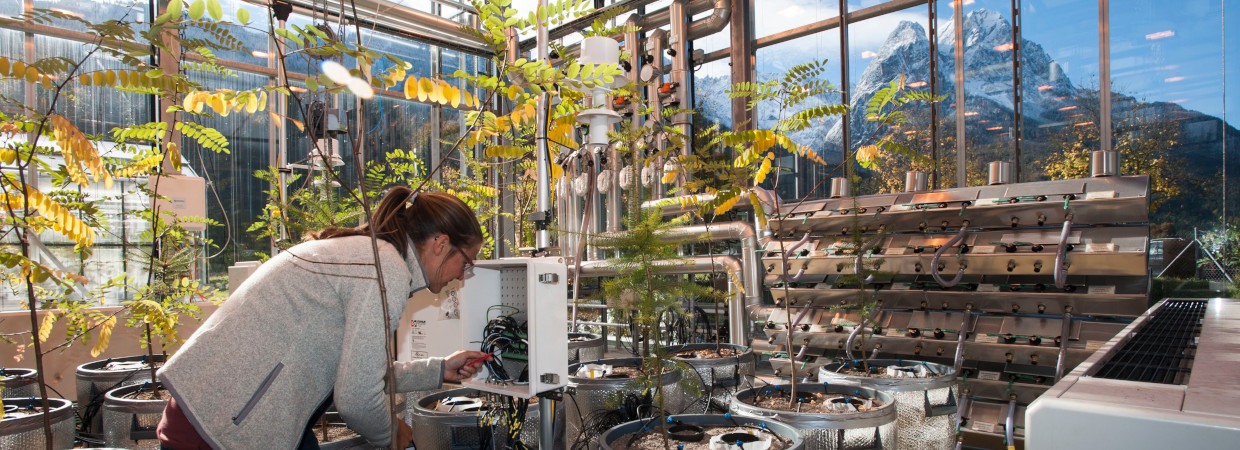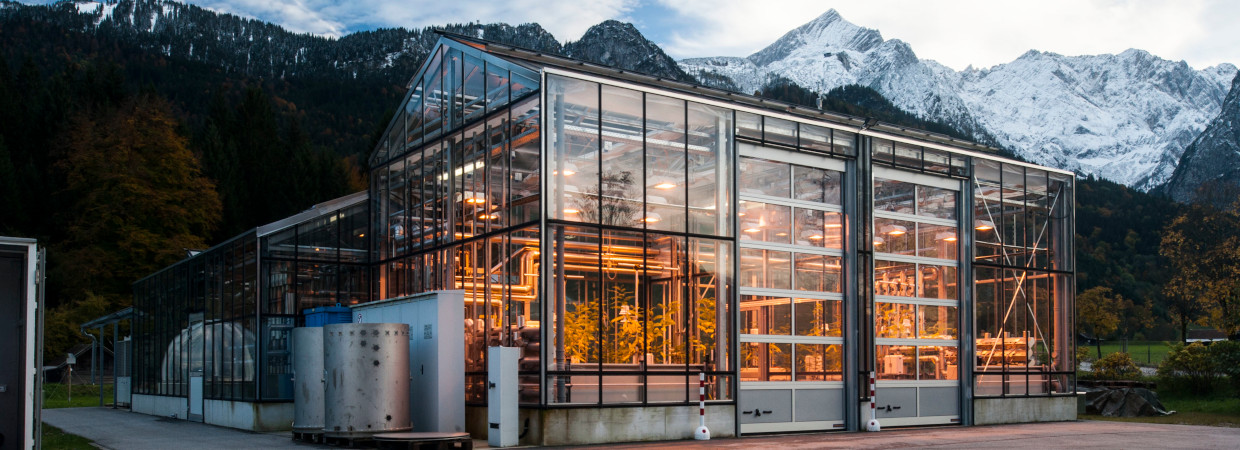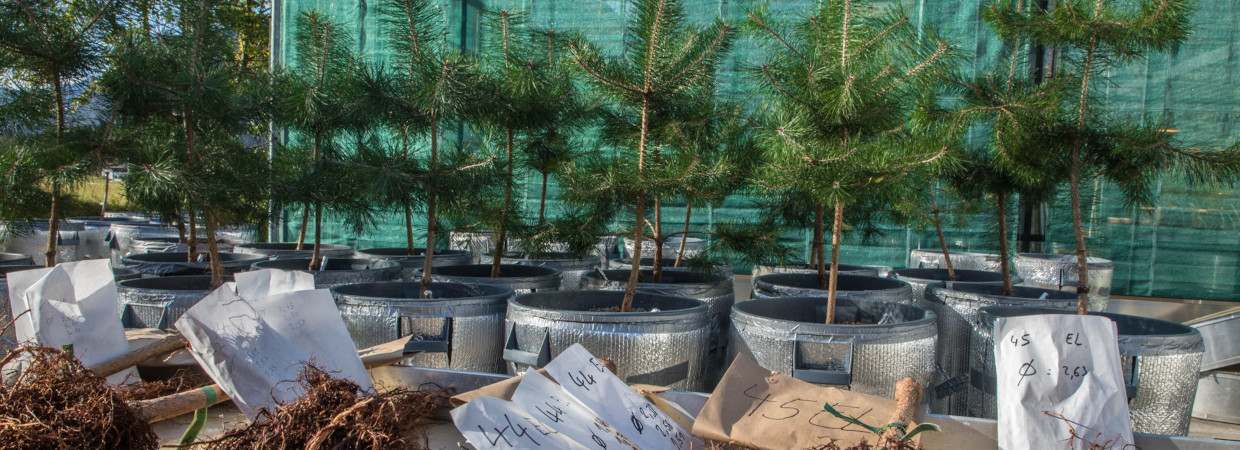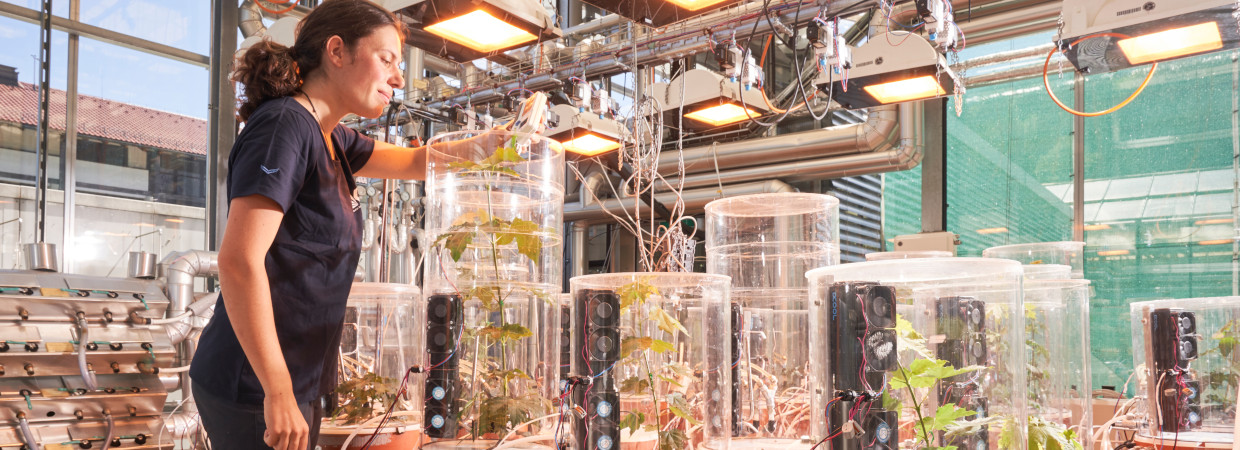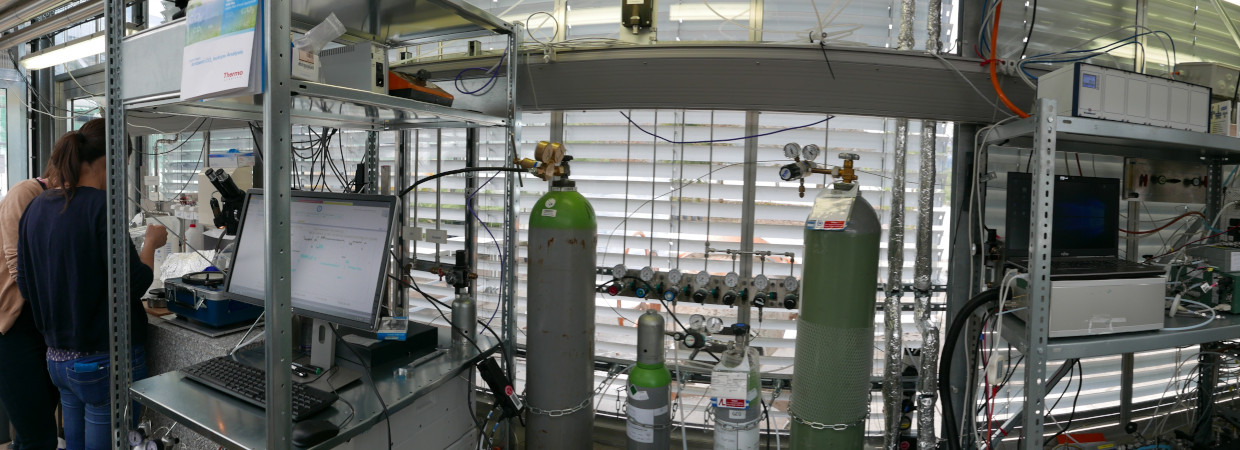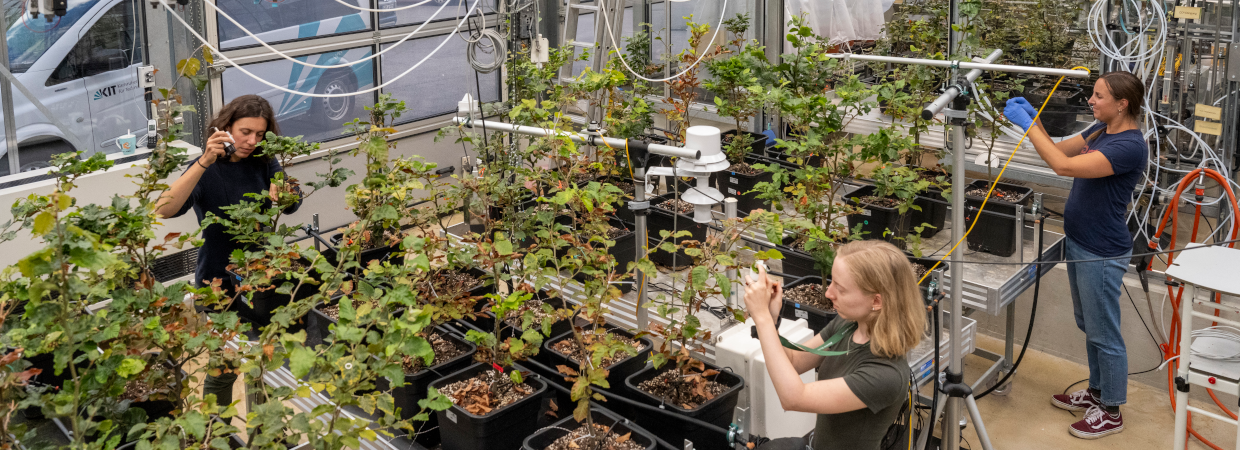Our research
A fundamental understanding of tree responses to environmental cues is necessary to address climate change impacts. Forests critically influence the Earth's climate and cycle large quantities of carbon and water, yet trees are increasingly at risk through an amplification of extreme climatic events.
We address tree and forest resilience to climate change and extreme climatic events, in particular heat and drought stress. Our research provides process knowledge to predict and guide the potential of forests in mitigating climate change. We combine controlled experiments, observational studies and ecosystem modelling approaches. We teach undergraduate and graduate students in process-based ecological research, as well as provide knowledge transfer into schools and society.

February, 2026: Franklin has successfully defended his PhD thesis, “Investigating Eco-Physiological Mechanisms of Stress Response and Recovery in Temperate Trees,” with highest honors. Congratulations!

November, 2025: Timo defended his PhD thesis on “Post-drought recovery in juvenile and adult Norway spruce” very successfully at the Botanical Institute of the University Innsbruck. Congratulations!

Our team member Pia was awarded for her dissertation with the Sparkassen-Environment-Prize 2024. Her PhD develops and refines remote sensing and deep learning methods to better identify and map surface fuels in Central European forests and heathlands, addressing the growing fire risk from climate change. The study improves fire behavior predictions by capturing spatial variability, seasonal dynamics, and vegetation recovery, supporting more effective fire management in vulnerable ecosystems.
Congratulations, Pia!
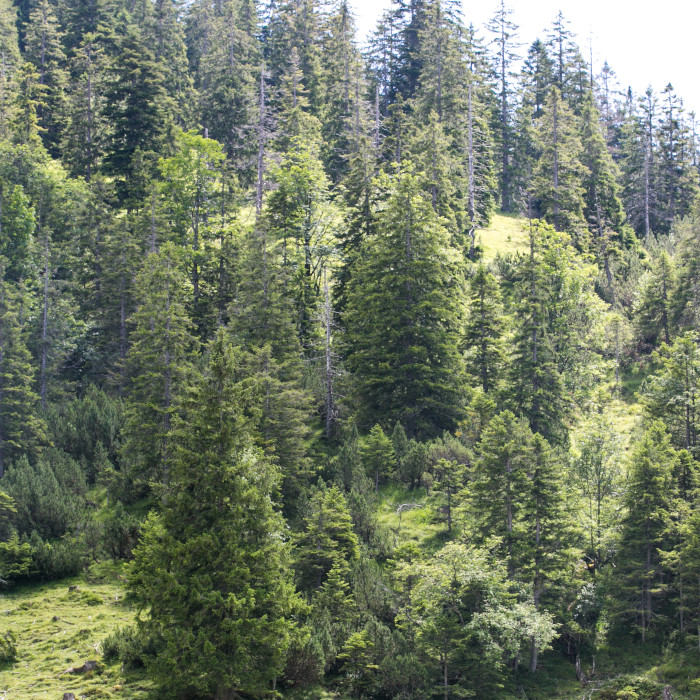
Forests ecosystems are critical for climate regulation, land biodiversity, for providing fresh water, timber and non-timber products, and also for human well-being and security.
What we do - simply explained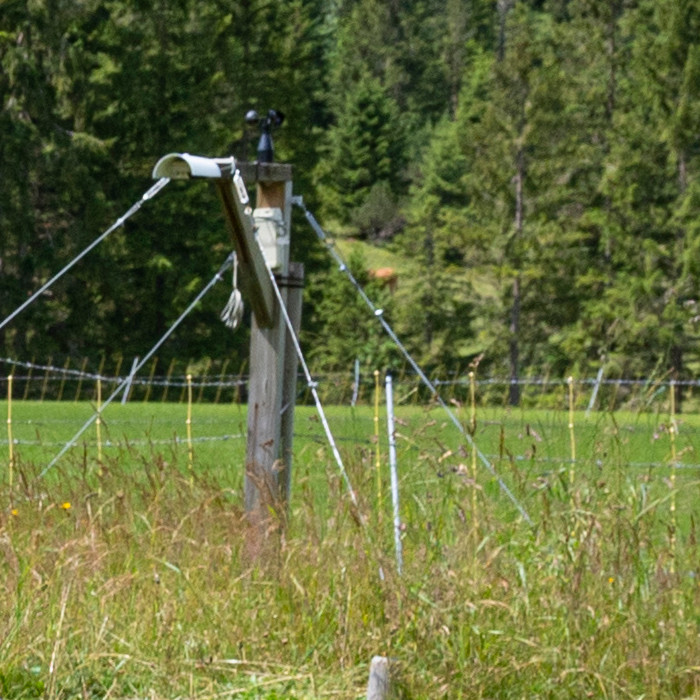

Our mission is to facilitate collaboration between scientists to combine expertise, knowledge and data...
Network for scientists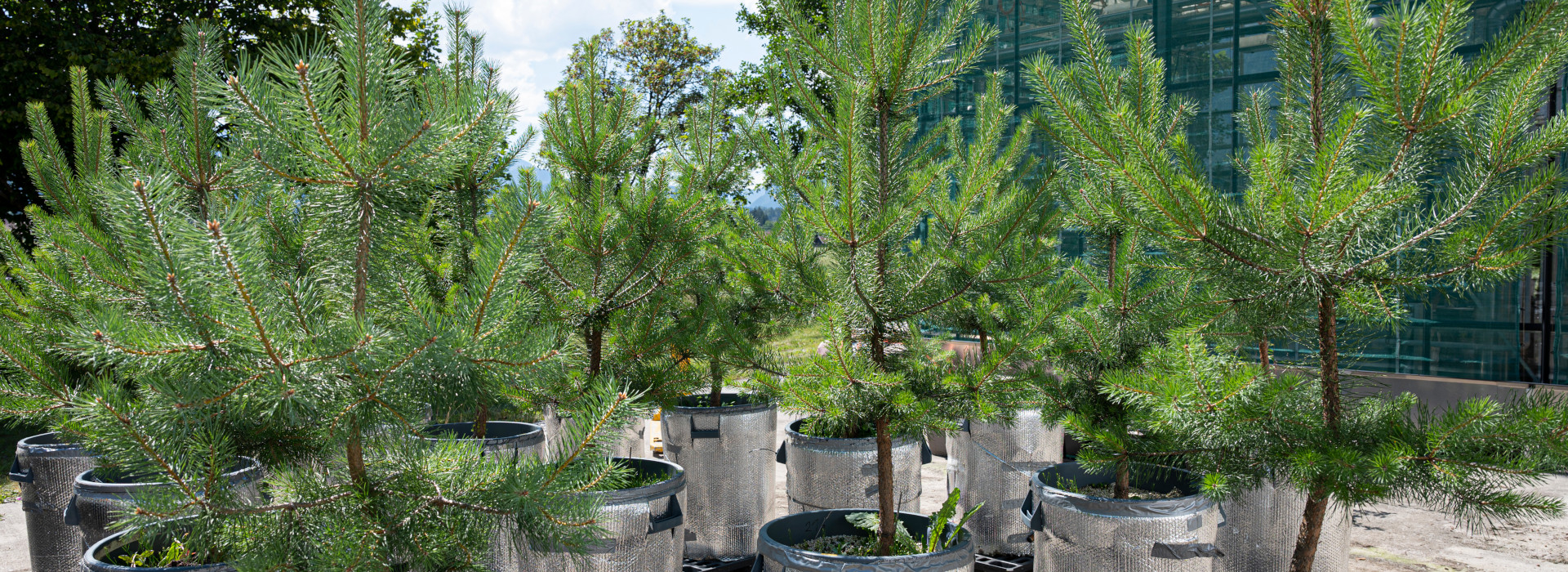
.svg)


